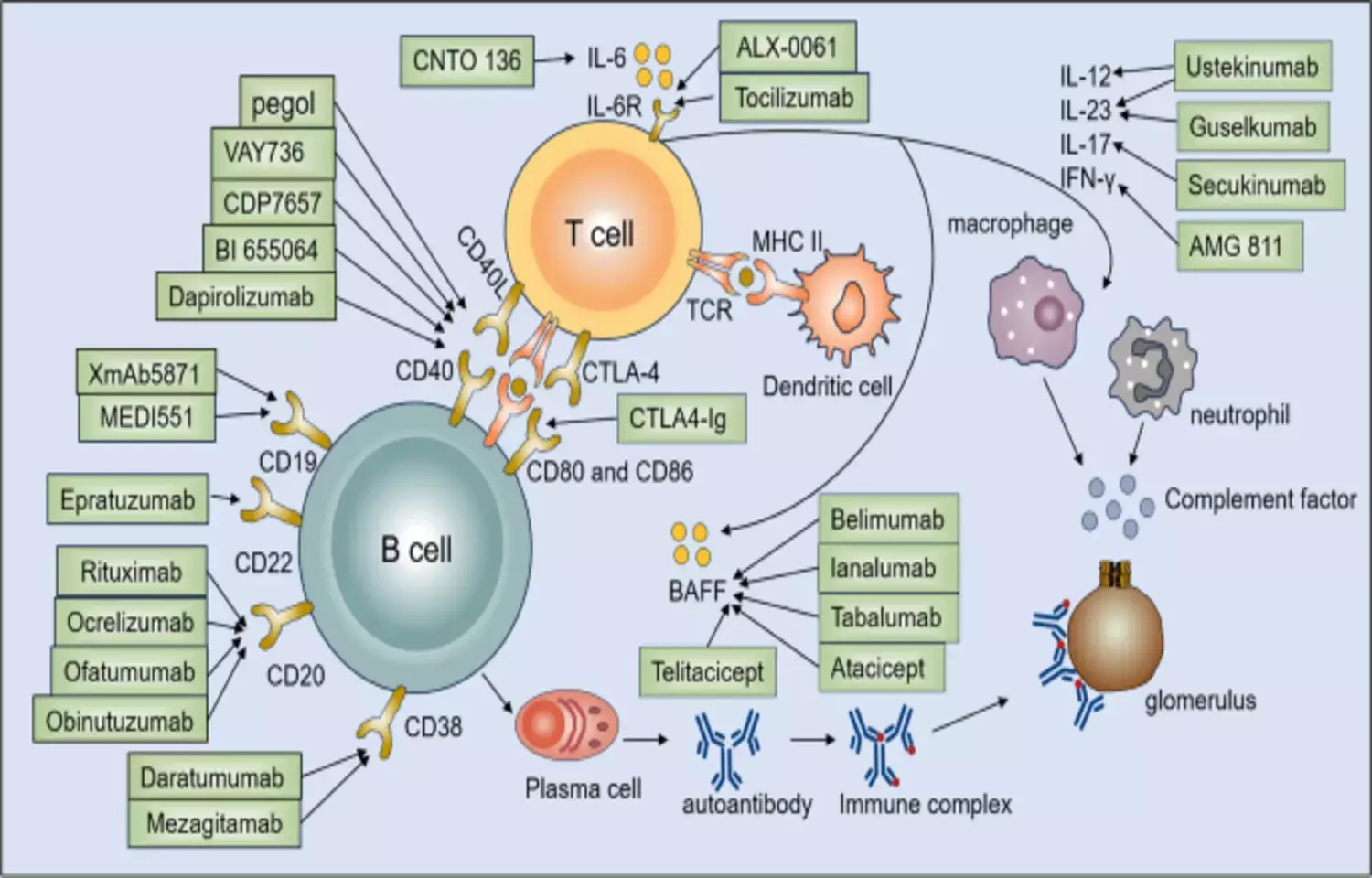- Home
- Medical news & Guidelines
- Anesthesiology
- Cardiology and CTVS
- Critical Care
- Dentistry
- Dermatology
- Diabetes and Endocrinology
- ENT
- Gastroenterology
- Medicine
- Nephrology
- Neurology
- Obstretics-Gynaecology
- Oncology
- Ophthalmology
- Orthopaedics
- Pediatrics-Neonatology
- Psychiatry
- Pulmonology
- Radiology
- Surgery
- Urology
- Laboratory Medicine
- Diet
- Nursing
- Paramedical
- Physiotherapy
- Health news
- Fact Check
- Bone Health Fact Check
- Brain Health Fact Check
- Cancer Related Fact Check
- Child Care Fact Check
- Dental and oral health fact check
- Diabetes and metabolic health fact check
- Diet and Nutrition Fact Check
- Eye and ENT Care Fact Check
- Fitness fact check
- Gut health fact check
- Heart health fact check
- Kidney health fact check
- Medical education fact check
- Men's health fact check
- Respiratory fact check
- Skin and hair care fact check
- Vaccine and Immunization fact check
- Women's health fact check
- AYUSH
- State News
- Andaman and Nicobar Islands
- Andhra Pradesh
- Arunachal Pradesh
- Assam
- Bihar
- Chandigarh
- Chattisgarh
- Dadra and Nagar Haveli
- Daman and Diu
- Delhi
- Goa
- Gujarat
- Haryana
- Himachal Pradesh
- Jammu & Kashmir
- Jharkhand
- Karnataka
- Kerala
- Ladakh
- Lakshadweep
- Madhya Pradesh
- Maharashtra
- Manipur
- Meghalaya
- Mizoram
- Nagaland
- Odisha
- Puducherry
- Punjab
- Rajasthan
- Sikkim
- Tamil Nadu
- Telangana
- Tripura
- Uttar Pradesh
- Uttrakhand
- West Bengal
- Medical Education
- Industry
Telitacicept Improves Clinical Response but Increases Infection Risk in Active SLE: NEJM

In a 52-week trial of patients with active systemic lupus erythematosus (SLE) receiving standard background therapy, telitacicept produced a higher clinical response rate compared with placebo.
The study, published in the New England Journal of Medicine, evaluated the efficacy and safety of telitacicept, a dual B-cell activating factor (BAFF) and APRIL inhibitor. Patients treated with telitacicept achieved significantly greater improvements in disease activity scores, reflecting better control of lupus manifestations such as rash, arthritis, and serologic activity. However, the treatment was also linked to increased rates of upper respiratory infections, decreased immunoglobulin levels, and injection-site reactions, underscoring the need for careful monitoring.
The trial demonstrated that telitacicept’s mechanism—targeting both BAFF and APRIL pathways—effectively suppresses B-cell overactivation, a key driver of autoimmunity in SLE. Compared with placebo, participants receiving telitacicept showed more frequent achievement of composite clinical response endpoints, including SRI-4 and BICLA measures. Despite the therapeutic benefit, safety data revealed that reductions in immunoglobulin concentrations could predispose some patients to infections, primarily mild to moderate in severity. Injection-site reactions were also noted but were generally self-limiting. The overall risk-benefit profile favored telitacicept, particularly for patients with persistent disease activity despite conventional treatment.
In conclusion, the findings suggest that telitacicept offers a promising new approach for improving disease control in patients with active SLE, though its use requires vigilance for infection risk and immune suppression. By targeting key B-cell survival factors, telitacicept represents a significant advancement in biologic therapy for lupus. The authors emphasize the importance of individualized dosing, infection surveillance, and long-term follow-up to optimize outcomes. As further studies expand on durability and safety, telitacicept may play a pivotal role in modern lupus management.
Reference
Zhang, F., Tanaka, Y., Mok, C. C., Merrill, J. T., & Van Vollenhoven, R. (2025). Telitacicept in patients with active systemic lupus erythematosus: A 52-week randomized trial. New England Journal of Medicine. https://doi.org/10.1056/NEJMoa2414719
Dr. Shravani Dali has completed her BDS from Pravara institute of medical sciences, loni. Following which she extensively worked in the healthcare sector for 2+ years. She has been actively involved in writing blogs in field of health and wellness. Currently she is pursuing her Masters of public health-health administration from Tata institute of social sciences. She can be contacted at editorial@medicaldialogues.in.
Dr Kamal Kant Kohli-MBBS, DTCD- a chest specialist with more than 30 years of practice and a flair for writing clinical articles, Dr Kamal Kant Kohli joined Medical Dialogues as a Chief Editor of Medical News. Besides writing articles, as an editor, he proofreads and verifies all the medical content published on Medical Dialogues including those coming from journals, studies,medical conferences,guidelines etc. Email: drkohli@medicaldialogues.in. Contact no. 011-43720751


